
Is covid leading us towards a cashless society?
- By Vinnie Choudhry --
- July 13, 2020
Cashless, Digital India, Cyber Security
“Sweet are the uses of adversity, which, like the toad, ugly and venomous, wears yet a precious jewel in his head”
With the covid pandemic hitting nations around the globe, there are several disturbances observed in the way the Indian economy traditionally operated. One such case is the rising number of contactless transactions due to the fear of infection spread. The reported total UPI transactions were 1.34 billion in June, rising from less than 1 billion in April month.
The Indian government has long been pushing to digitalise the Indian economy through its several initiatives under the “Digital India” drive. A digital economy has its own advantages - record keeping and easier verification of transactions, lesser paper wastage, and lower scope for money laundering and tax evasion. But the shift comes with added responsibilities for the National Payments Corporation of India (NPCI) to ensure nation-wide access to secure and safe platform for facilitating digital transactions.
The shift towards a cashless society can have different offerings for different components of the society. The rural society, where mobile penetration is still abysmal, might be at the receiving end of the phenomenon. The working professionals, who were reasonably comfortable and receptive to the digital ways, would be largely unaffected. The shopkeepers and service providers who didn’t have access to the relevant technologies would have to invest in such platforms now. The shift will provide a positive boost to the online payment platforms like Amazon Pay, PhonePe and Paytm.
Covid marks yet another milestone in India’s journey towards becoming fully digital as were the Demonetisation (2016) and implementation of Goods and Services tax (2017). The push towards a cashless society will only get exacerbated as parts of the economy open up in order to restore pre-covid production levels and as people start to adapt to the new normal of ‘social distancing’. At such a time, the need for safe and secure digital infrastructure cannot be undermined. With the increasing figures of digital transactions, cyber thefts are bound to rise. (RBI recently launched a helpline to report fraudulent activities as incidents of cyber fraud increase) This is the ripe time for India to ‘foolproof’ its digital channels of payment to embrace this shift.
References:


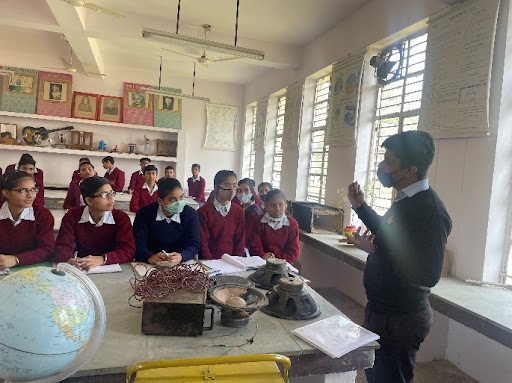
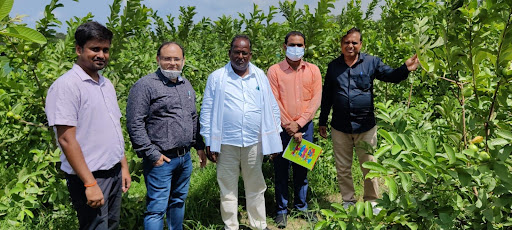



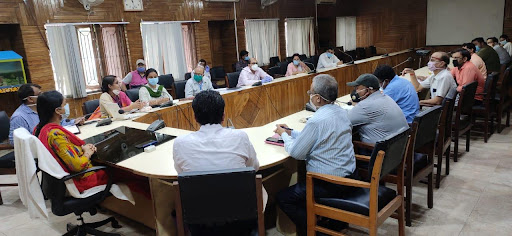

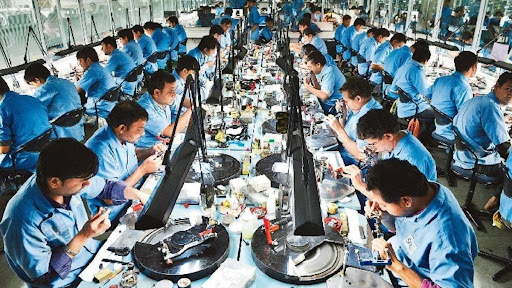




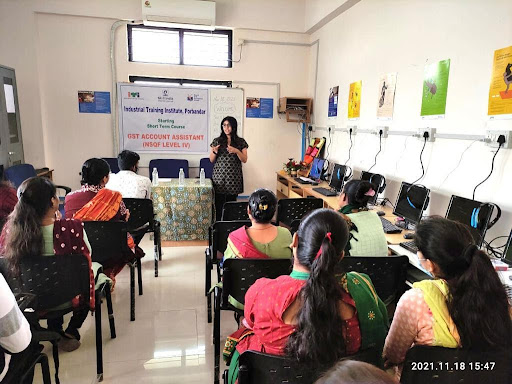
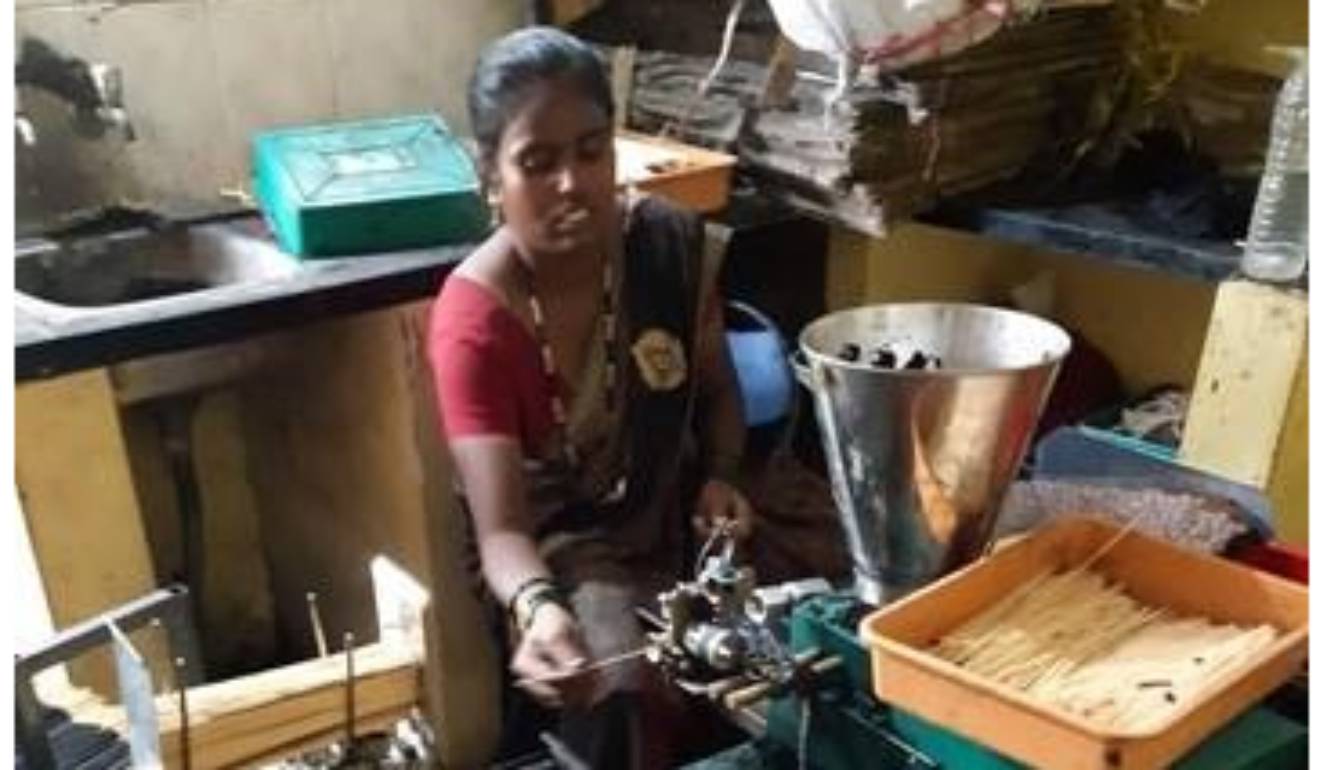



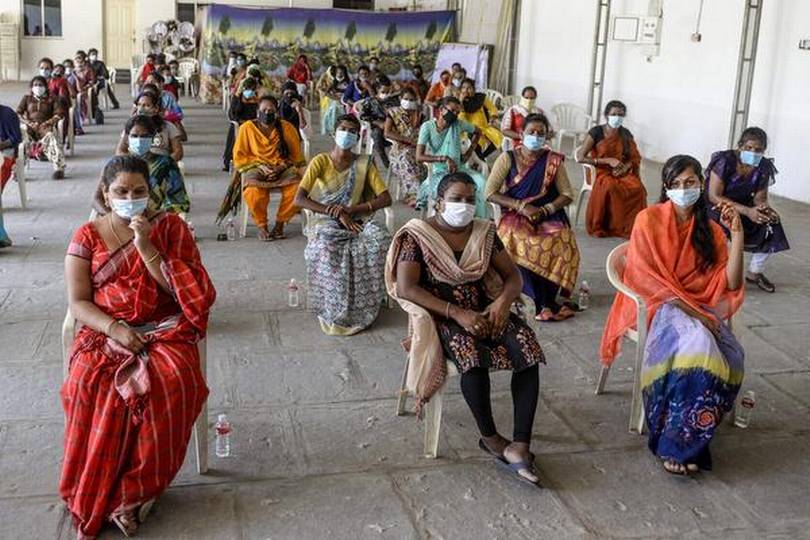
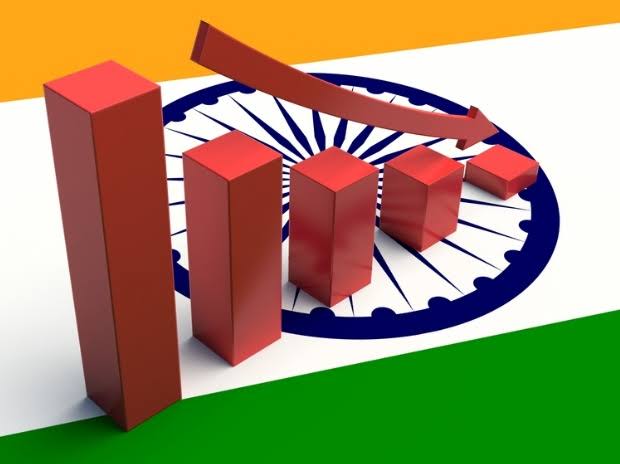







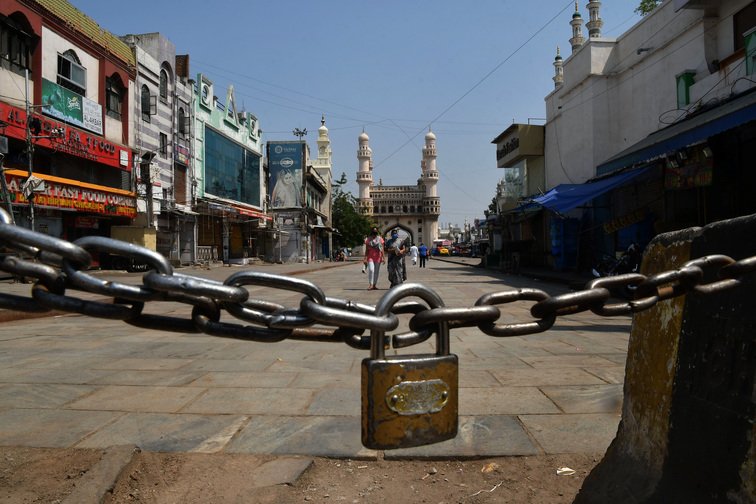
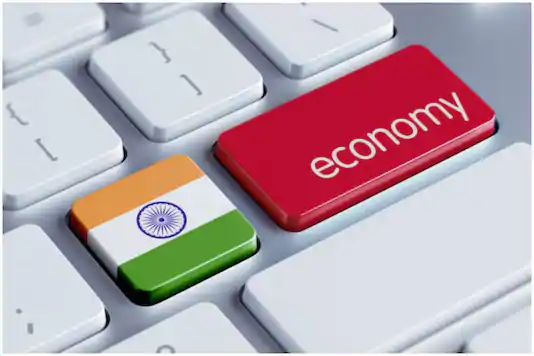


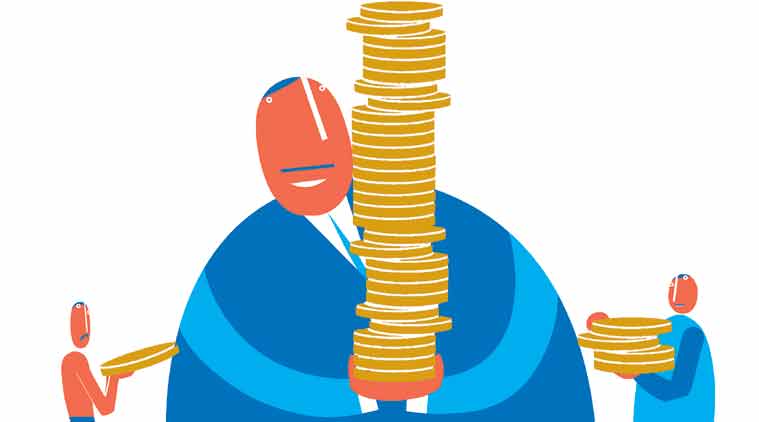
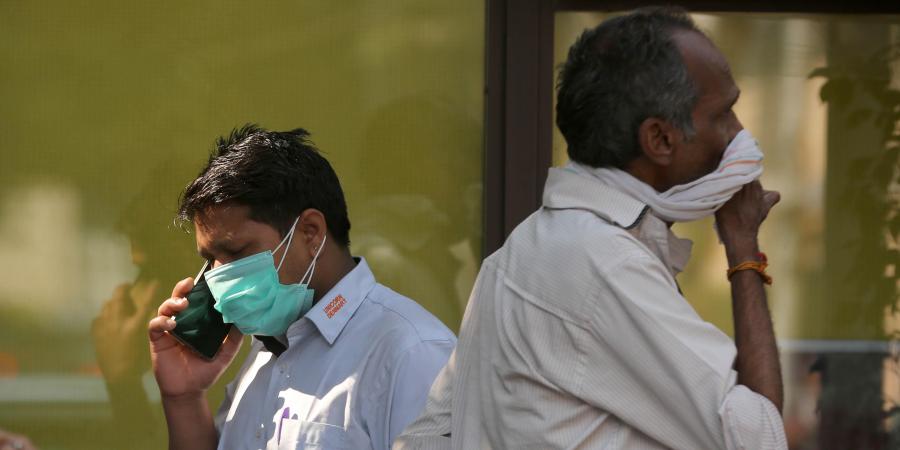

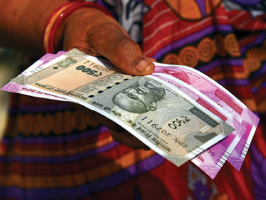

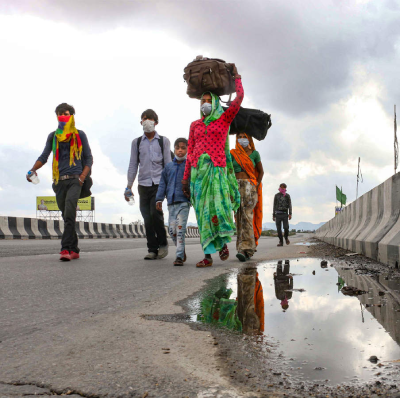

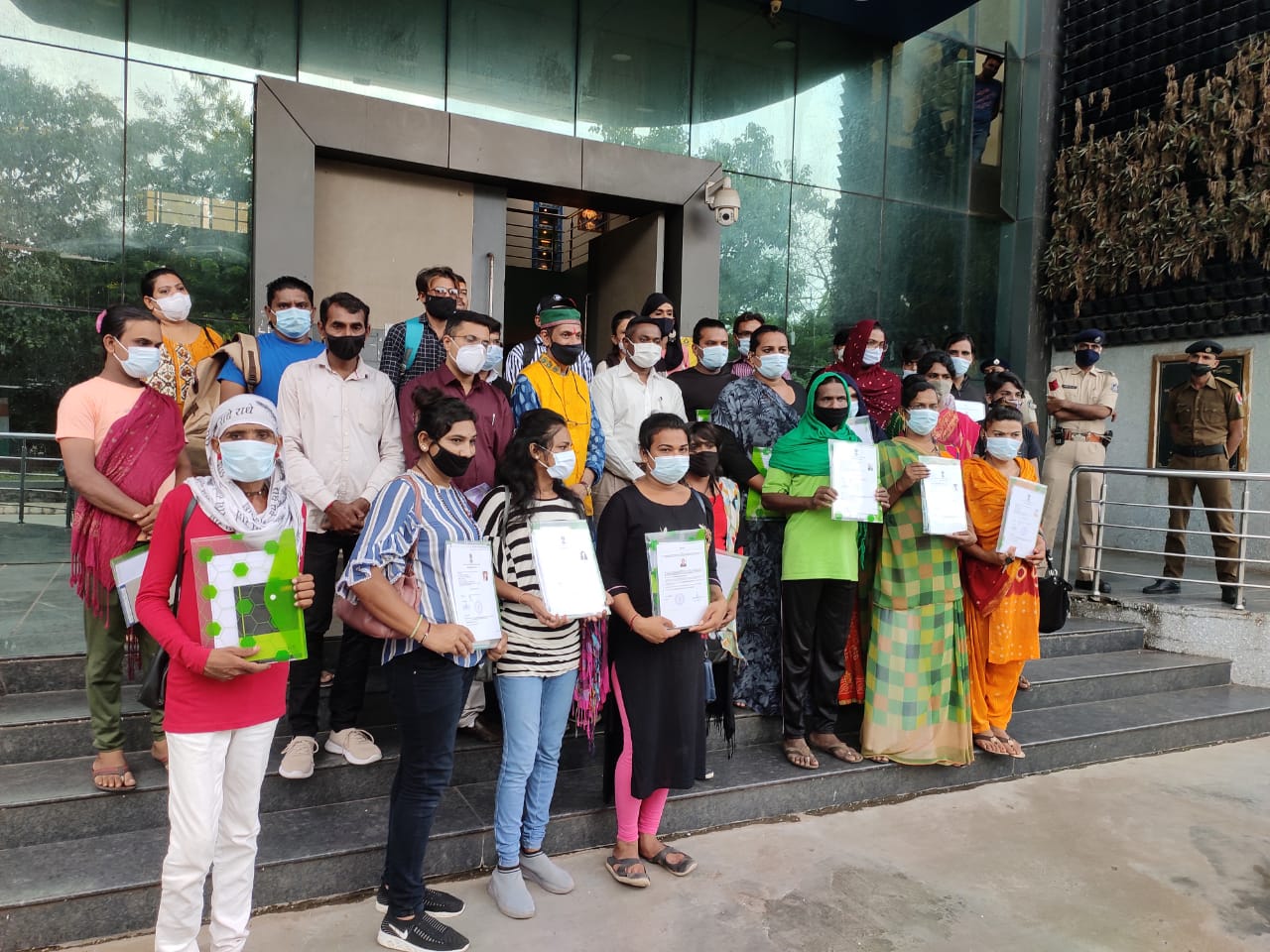
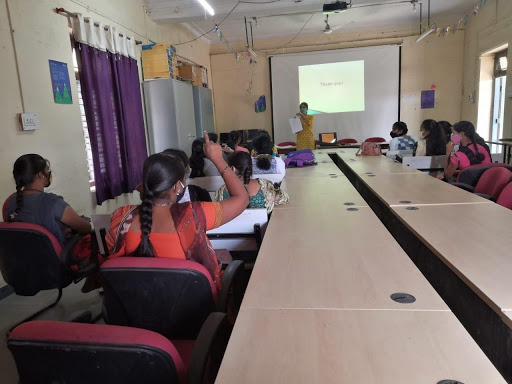




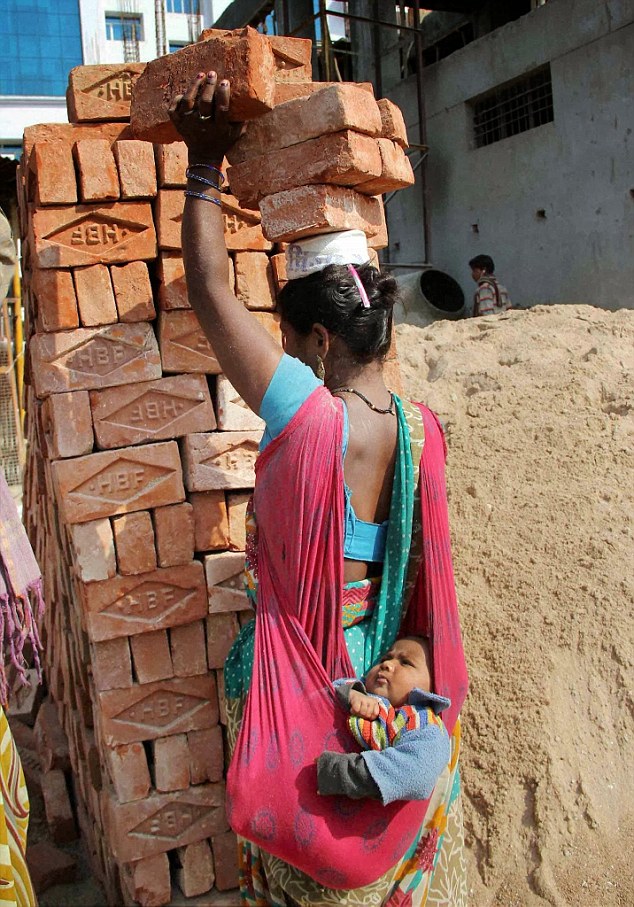

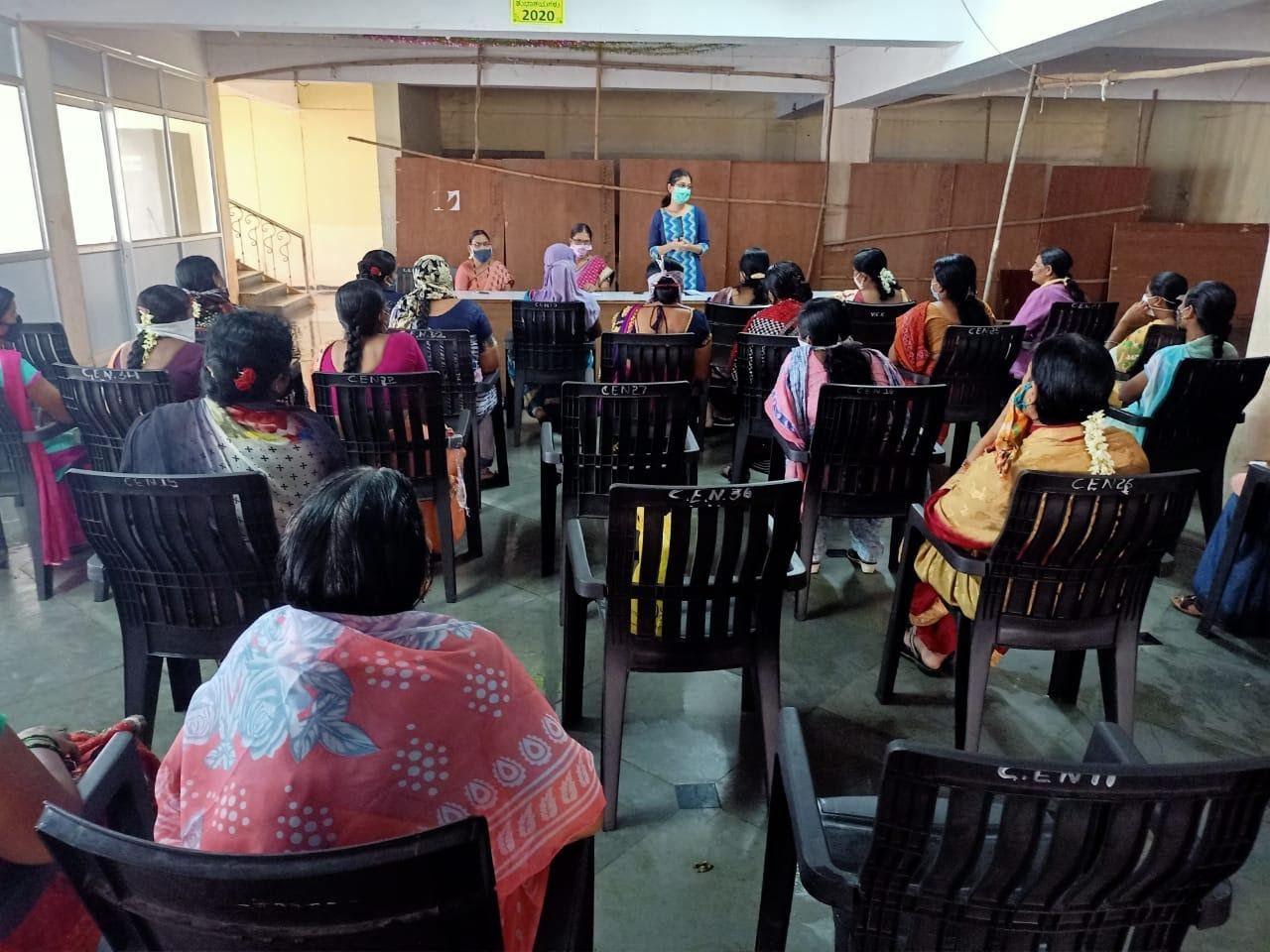



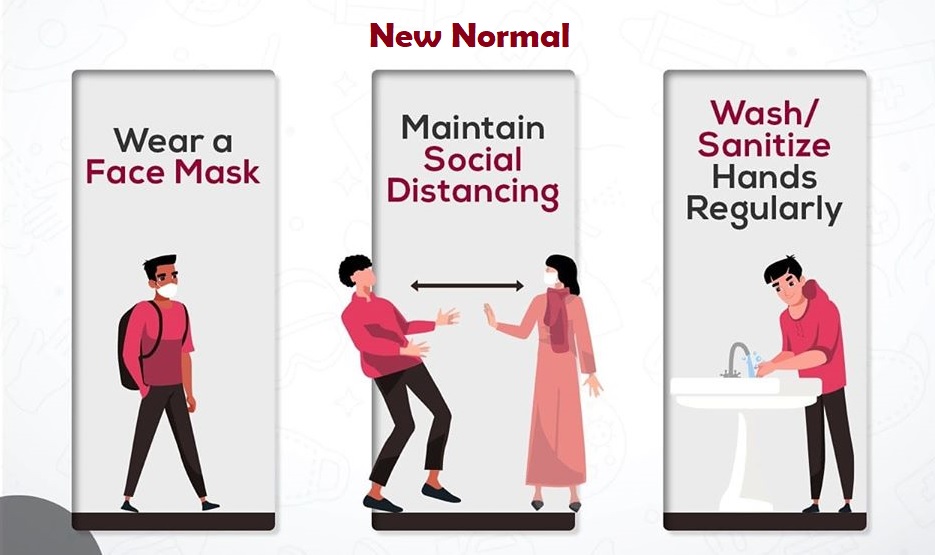
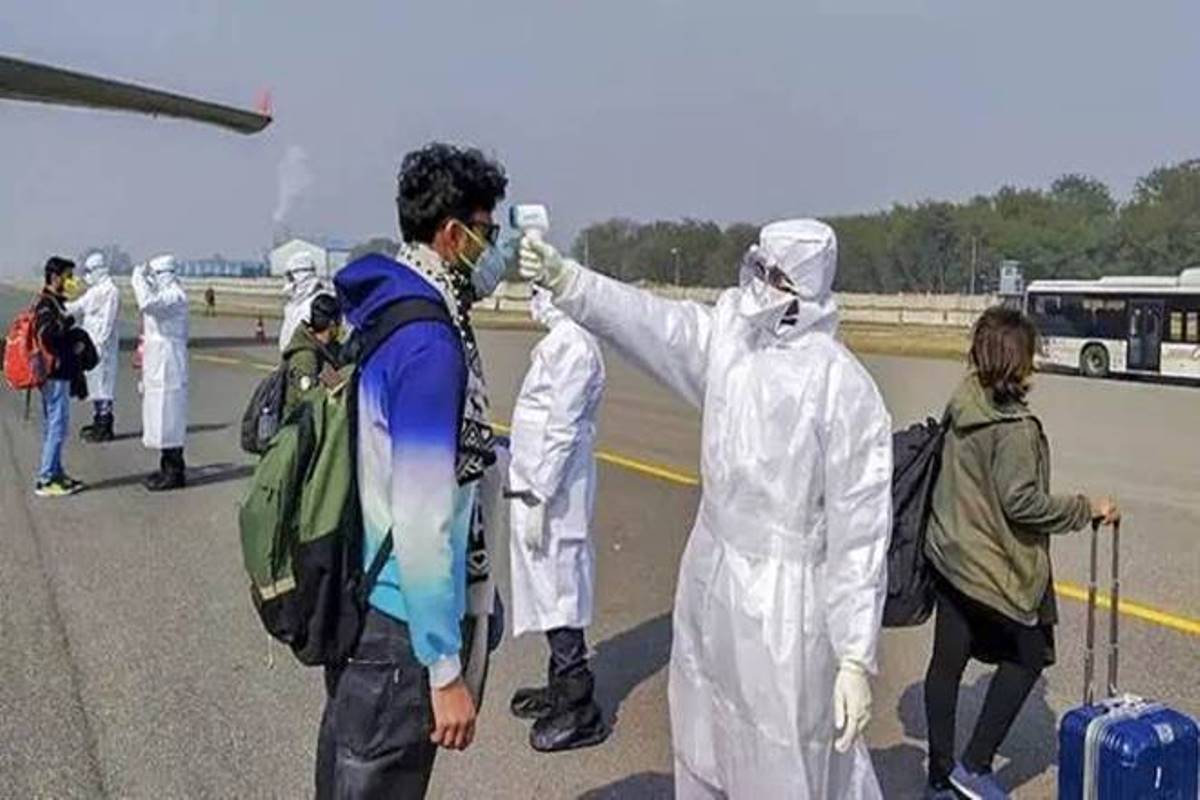

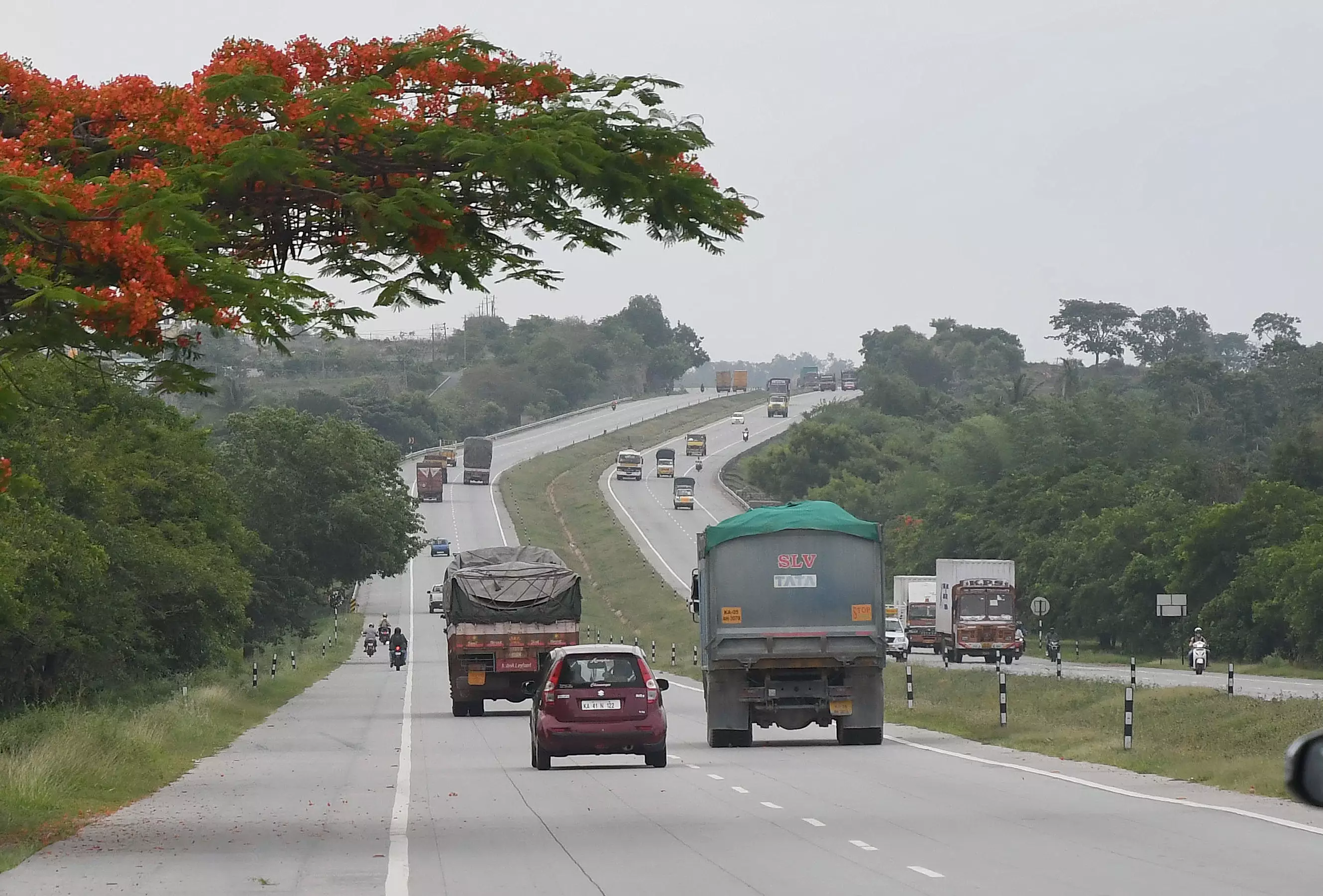
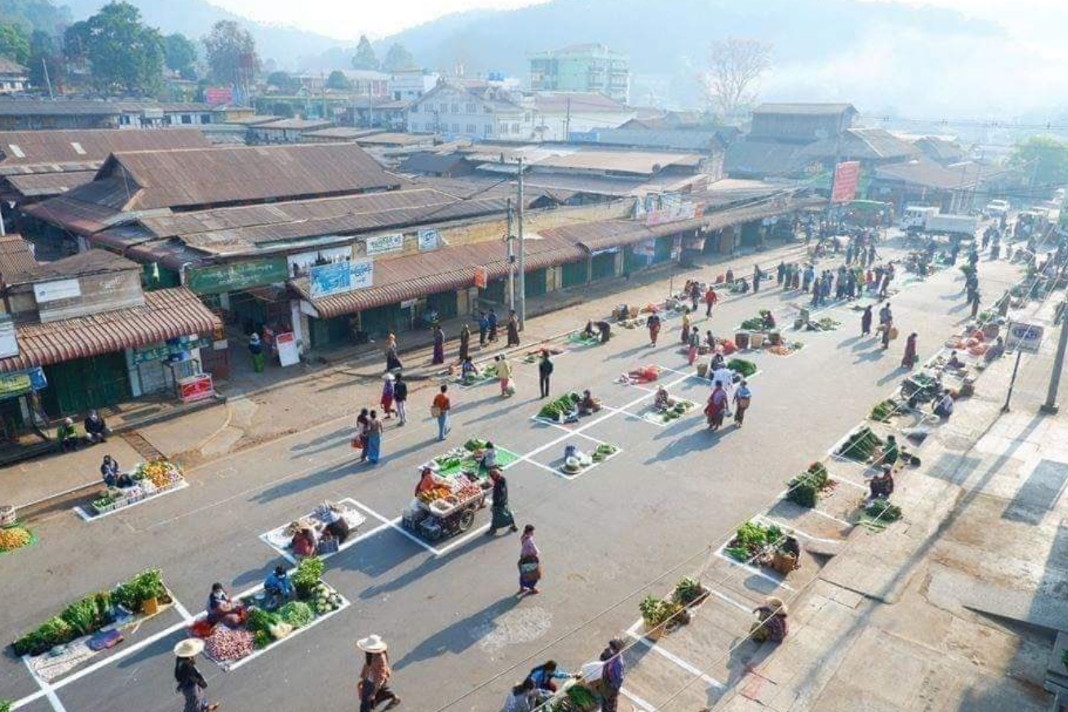

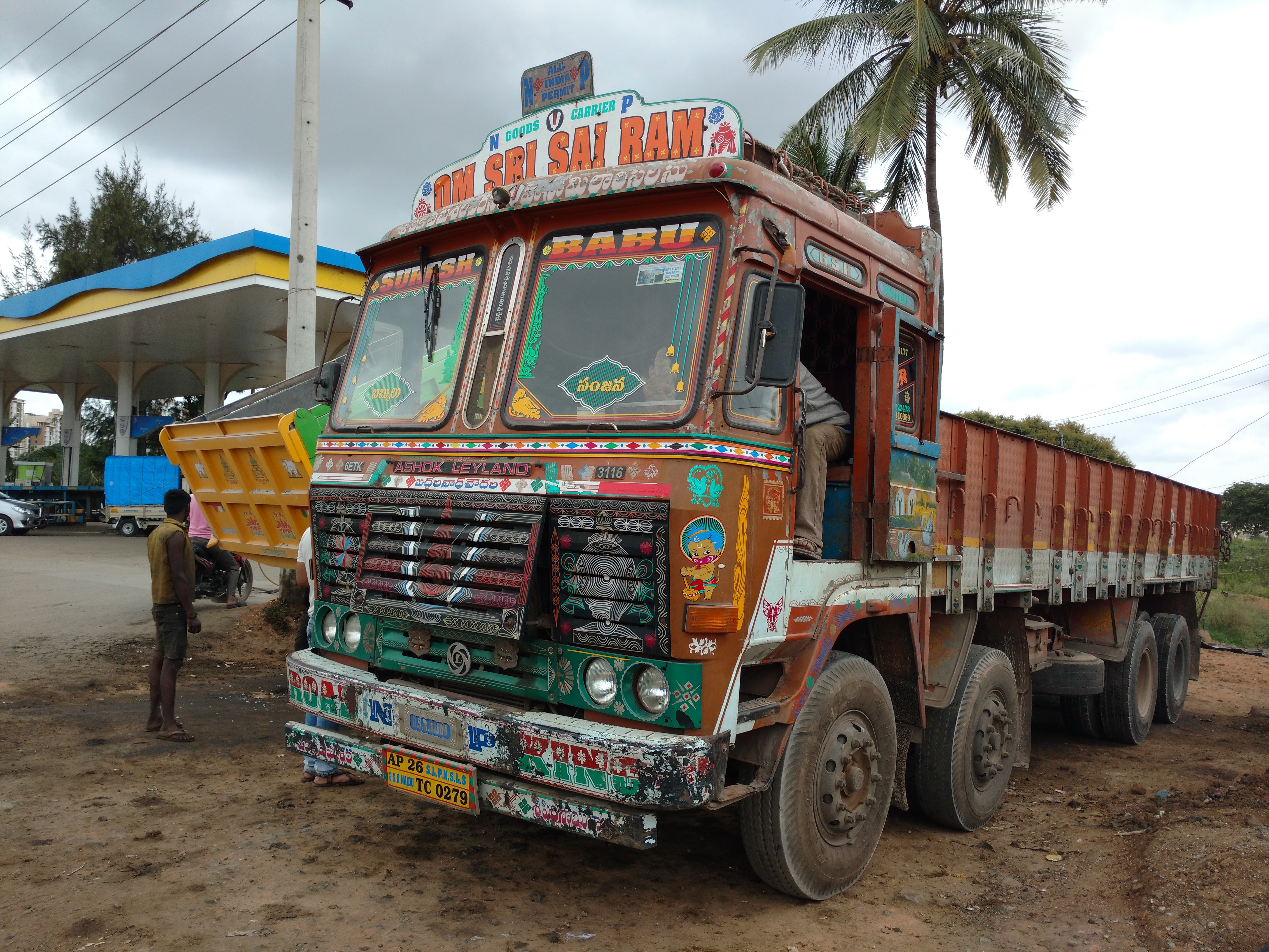

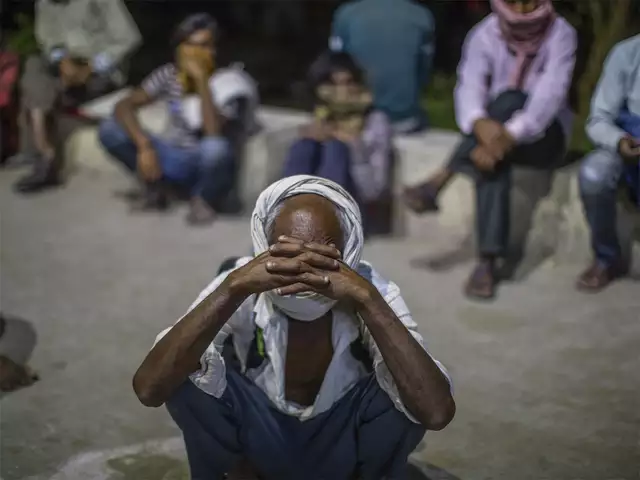

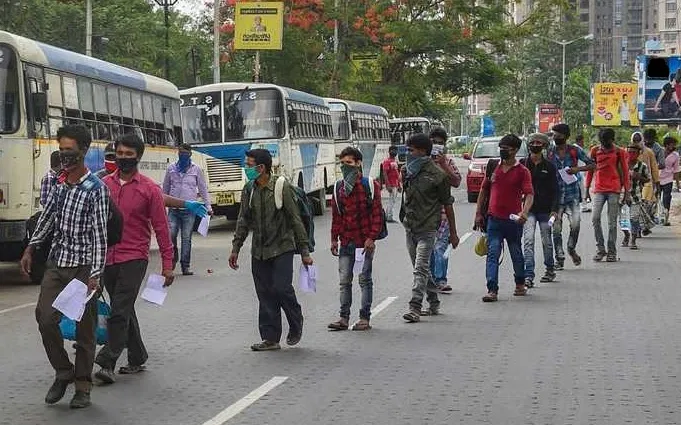



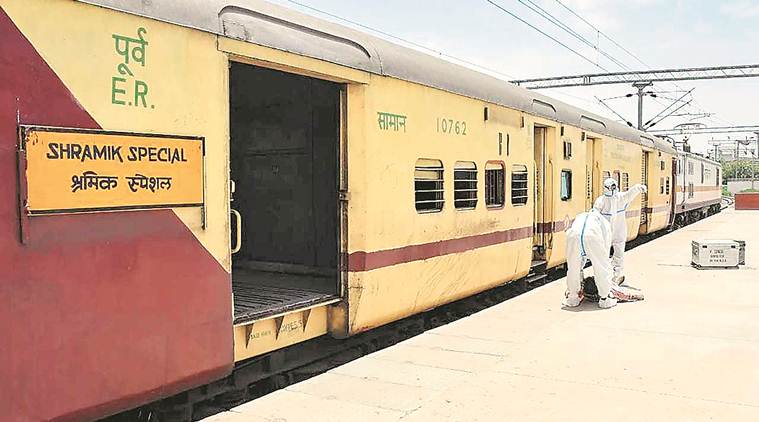



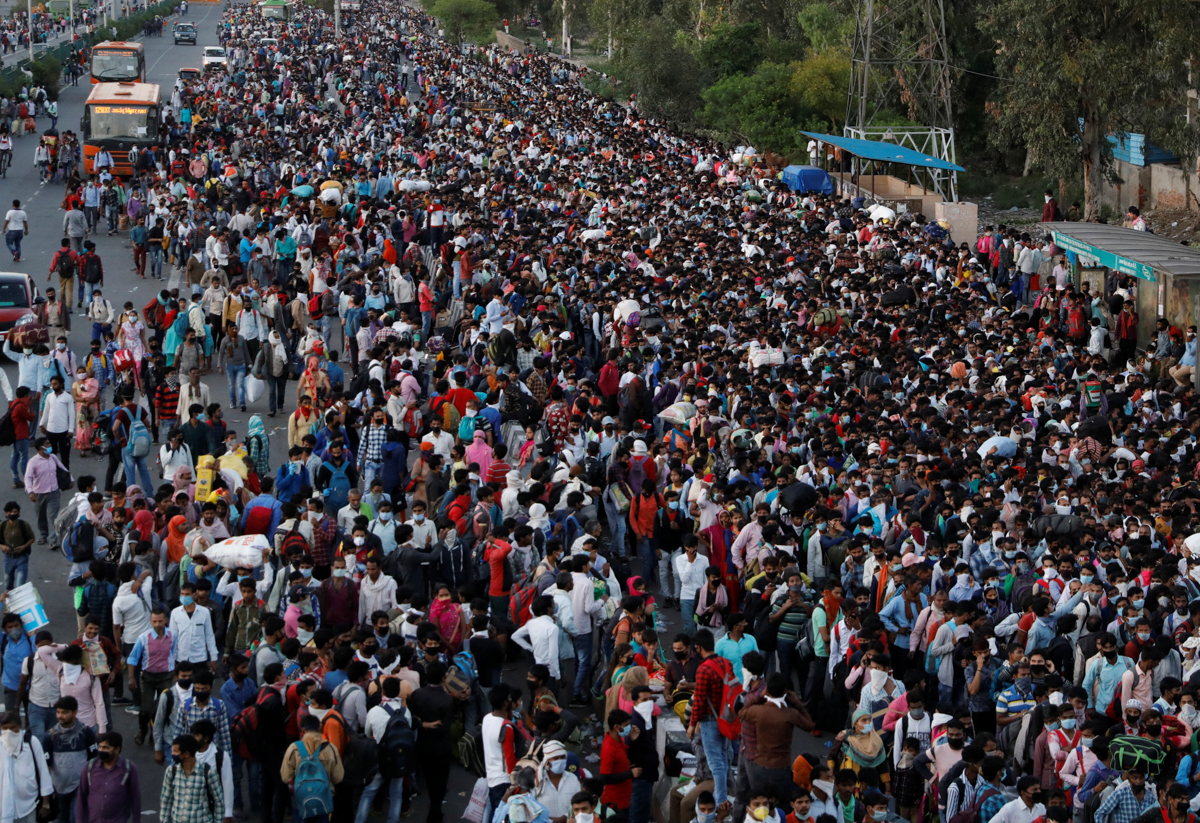
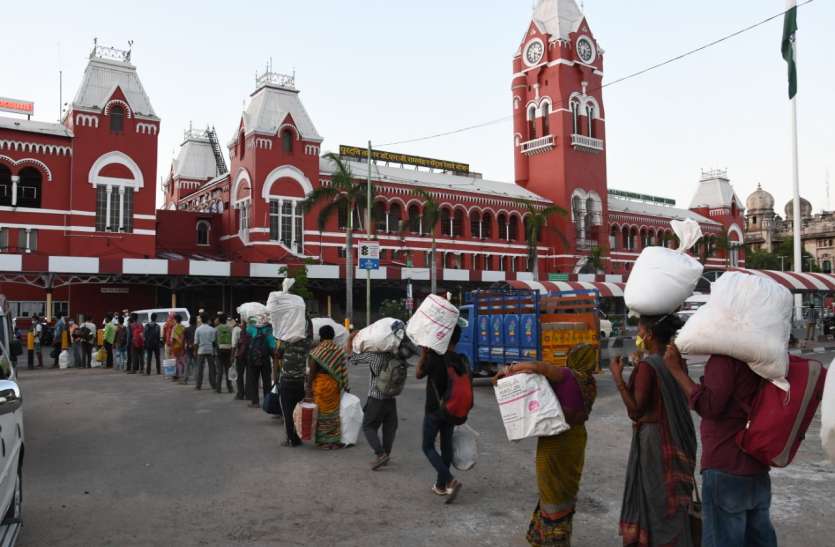
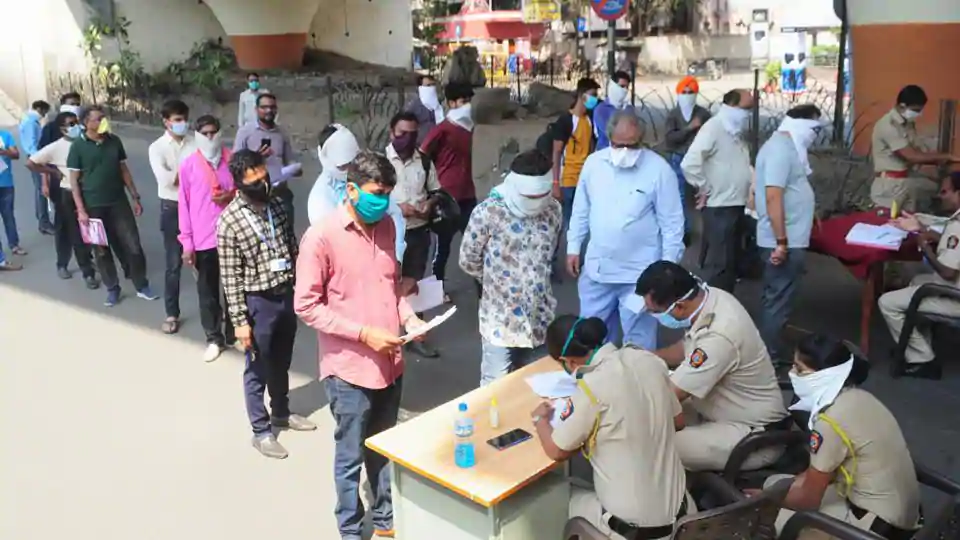
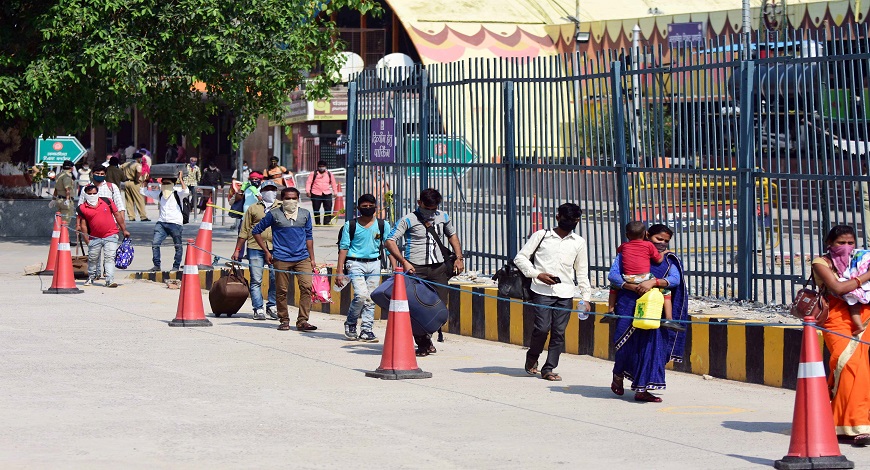
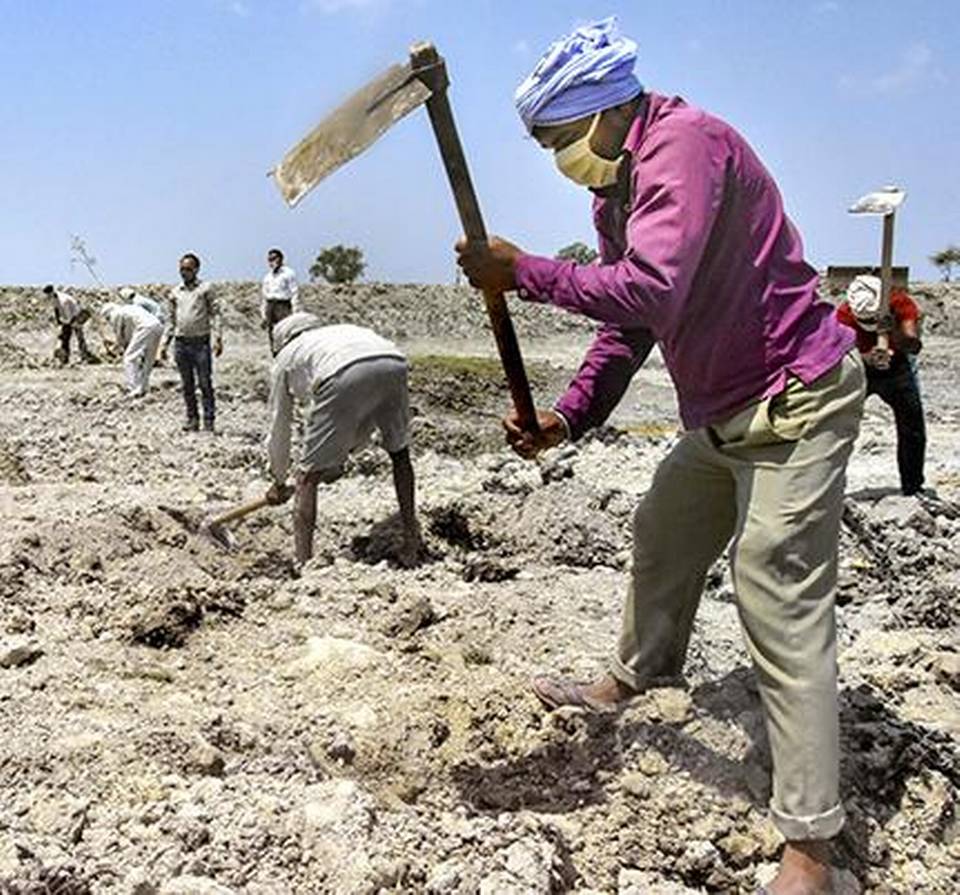
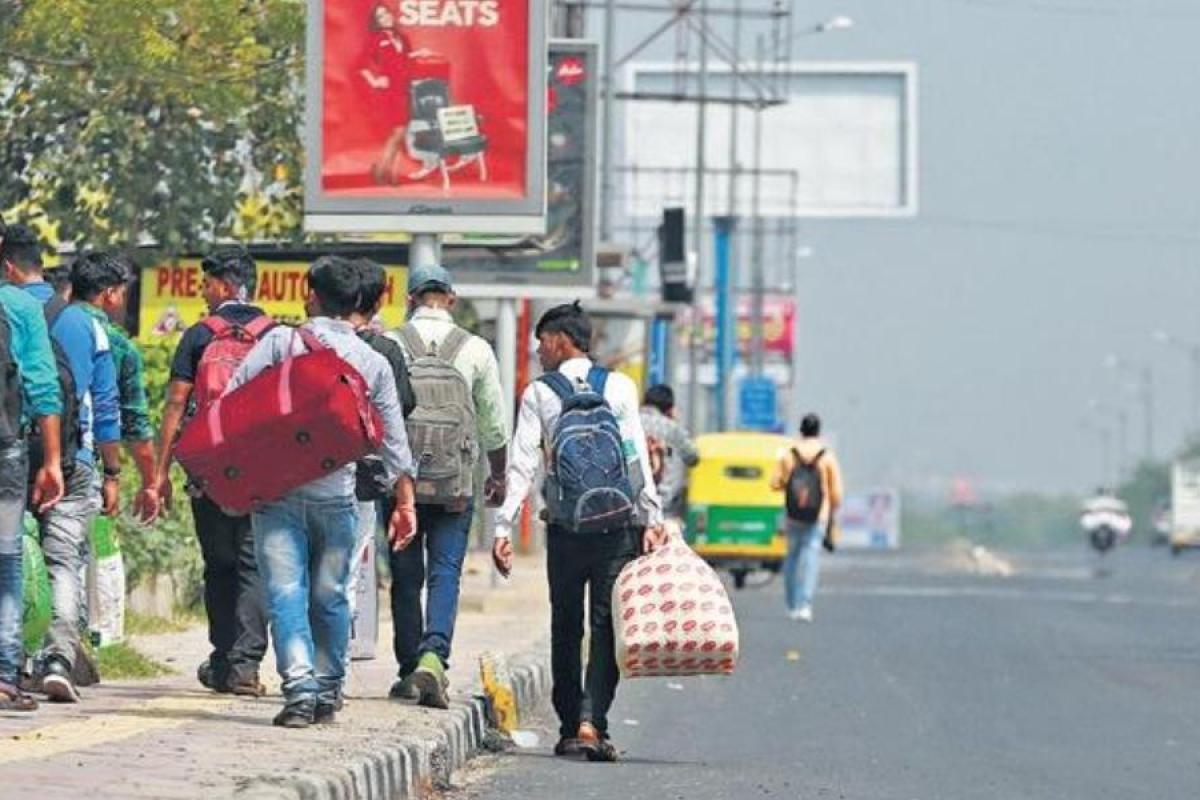
Vinnie Choudhry